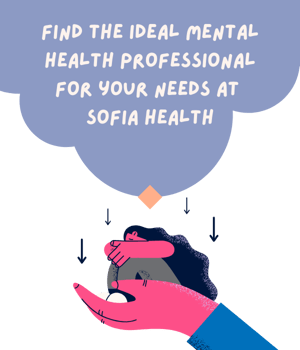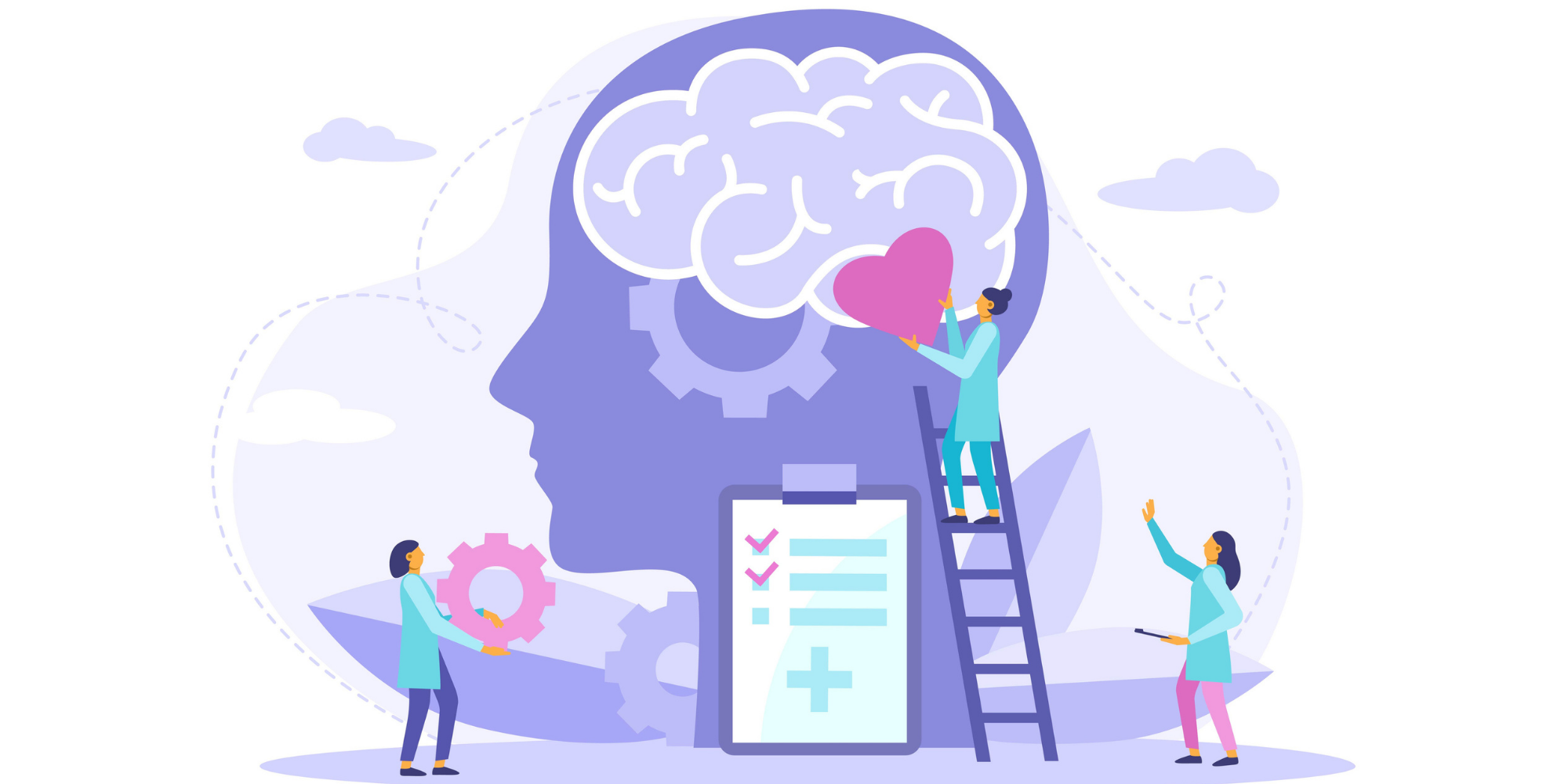How to Support a Friend or Family Member with Depression
Watching a loved one being stalked by the "black dog" of depression is a difficult experience. A sense of helplessness is not uncommon. A feeling of frustration is understandable, too.
Table of Contents
1. The Signs and Symptoms of Depression
2. Understanding Suicide Risk and Warning Signs
Depression is defined by the American Psychiatric Association as a "common and serious medical illness that negatively affects how you feel, the way you think, and how you act." It's a mental illness that's suffered by millions of Americans.
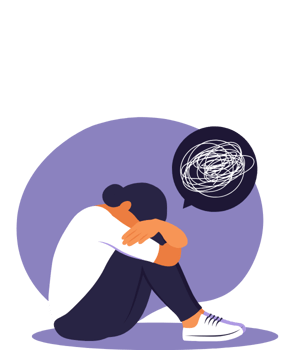
While every person on the planet suffers occasional feelings of sadness, depression is a persistent, chronic condition. It's marked by loss of appetite, insomnia, and a lack of ability to find any meaning or enjoyment in life.
While depression should certainly be treated by a trained professional, there are things anyone can (and should) do to help a loved one get through this often debilitating mental condition. Providing support is a great act of love and can also make a world of difference, even if your loved one is also undergoing professional treatment.
The Signs and Symptoms of Depression
When looking out for the welfare of a family member or loved one, it's important to recognize the signs of depression. These could include:
- A pervasive sense of hopelessness, which affects their habits and communication;
- Erratic behavior, like sudden anger or lashing out, particularly in men;
- A striking change in eating habits resulting in weight loss or gain;
-
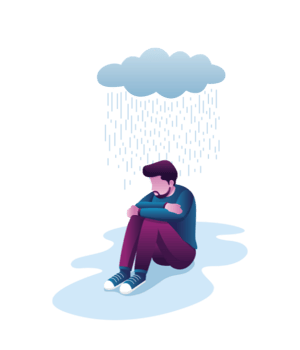
- Self-isolation and withdrawal from social engagements;
- A change in sleep patterns;
- Poor performance at work;
- Speech that sounds robotic, like one is forcing the words out;
- Notably slower physical movements, as if moving underwater;
Signs and symptoms of depression can vary, and depression can range from mild to severe. Mild depression is more easily treatable with interventions by loved ones, so it's an act of genuine care for others to check in often and help them stay on top of their mental health.
Understanding Suicide Risk and Warning Signs
The darkest possible outcome of depression is suicide. The National Suicide Hotline is free and available 24 hours, in English and Spanish. Their number is 1800-273-8255. Texting HOME to 741741 will connect people in crisis with a trained crisis counselor. There are other local hotlines and resources available, too.
If it's not clear whether you should be concerned or not about a loved one's suicidal thoughts, the American Foundation for Suicide Prevention Website has a comprehensive list of risk factors. These include:
- Mental health conditions like depression, substance abuse problems, and personality traits like aggression or poor relationships
- Historical factors like previous suicide attempts
- Environmental factors like prolonged stress, stressful life events, or access to means of suicide (such as firearms).

Warning signs for suicide include incidents where someone:
- Talks about killing themselves, feeling hopeless, having no reason to live, or being a weight on others
- Behaves differently, start using drugs and alcohol more heavily, begin searching for ways to end their lives, or start giving away prized possessions or saying goodbye
- Seems depressed, ashamed, and anxious—or, alternatively, seems suddenly relieved, as if they have found a solution to their problems
How to Provide Support for Someone with Depression
Note that the American Foundation for Suicide Prevention also lists protective factors for suicide—that is, factors that make suicide less likely. One of these is "feeling connected to family and community support." So, know that being a supportive family member or friend can make a real difference.
Wondering how to help a family member with depression? Not everyone is able to speak openly about their depression at first, so it's important to be patient when opening up about the topic. You can support a family member or friend by:
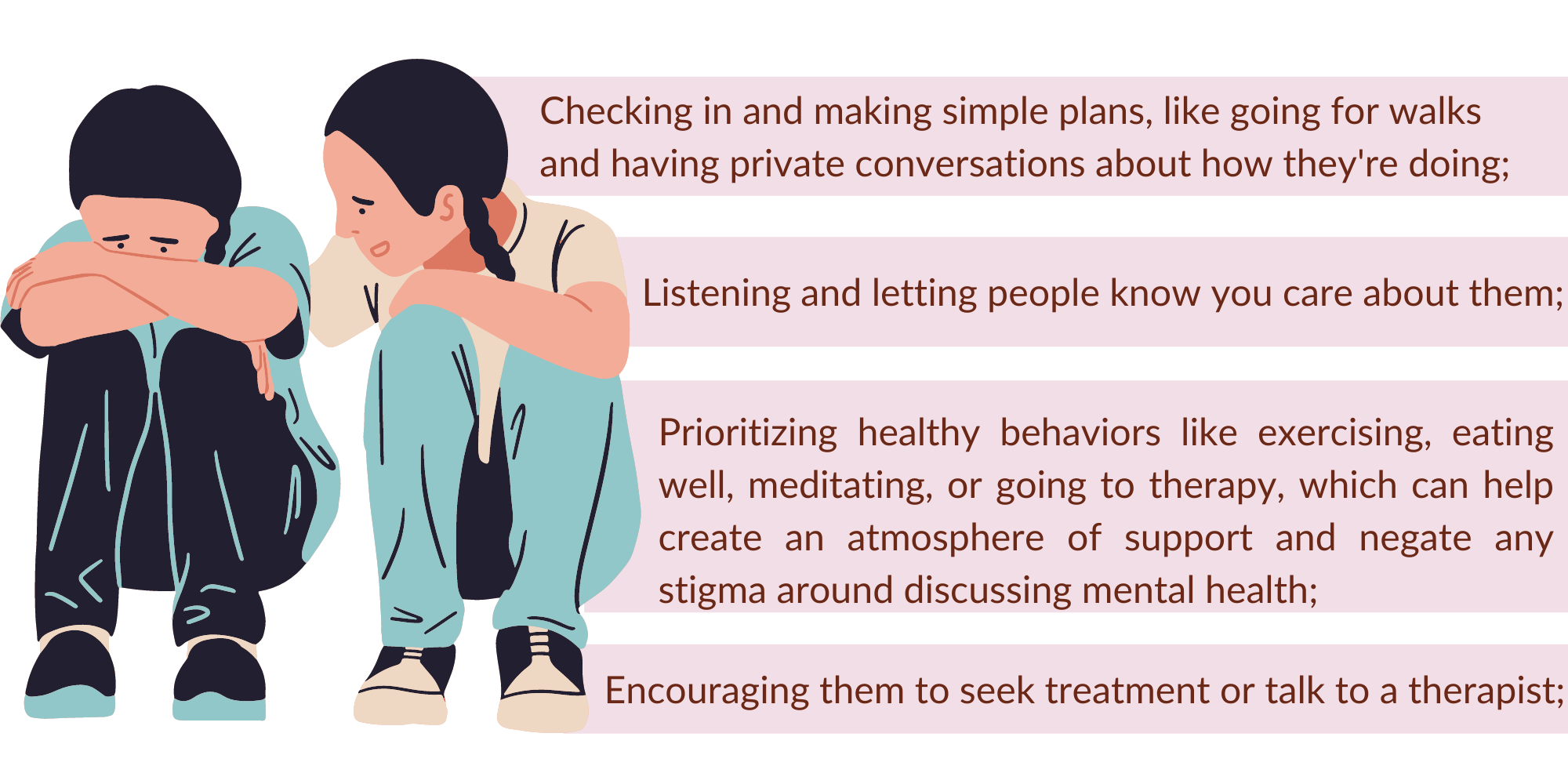
Shame is a great compound of anxiety and depression. A listening ear can go a long way to helping someone begin their journey back to recovery and show them they're not alone. Don't leap in to provide a solution by minimizing their problems ("what do you have to be depressed about?") or giving unsolicited advice. Just be there for them and encourage them to take healthy steps.
Encourage Depression Treatments
If you're wondering how to help someone with depression, you can assure them there is a way out and help them find a treatment that seems like a good fit.
Psychotherapy in such forms as cognitive-behavioral therapy (CBT) or dialectical behavioral therapy (DBT) provides evidence-based modalities that retrain the brain's thought processes. There are many licensed therapists who practice these modalities. People who are worried about depressed loved ones can help them find considerate, licensed practitioners or even accompany their loved ones to a doctor or therapist's office to show they are supported.
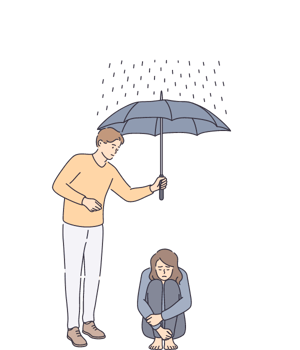
If a loved one or family member is depressed, the array of choices in front of them can be overwhelming, so the first step is just to help them take that first step to get help! There are many useful kinds of therapies and mental health support out there, and the approach can always be fine-tuned later.
If you're looking for more information on how to support someone with depression, know that there are other kinds of lifestyle changes you can encourage—leading by example or suggesting that you can explore new things together. Exercise, a healthy, anti-inflammatory diet, breathwork, or yoga can have beneficial outcomes for individuals with depression.
Final Thoughts
Depression can be crippling, but it is, unfortunately, also common. If you're wondering how to help a friend with depression, you're already on the right track, but you may not know what direction to take. If you need somewhere to start, Sofia is a great resource with connections to many wonderful practitioners who can help you or someone you know who is struggling with depression. Reach out to Sofia today and help yourself or a loved one get to a better place.
